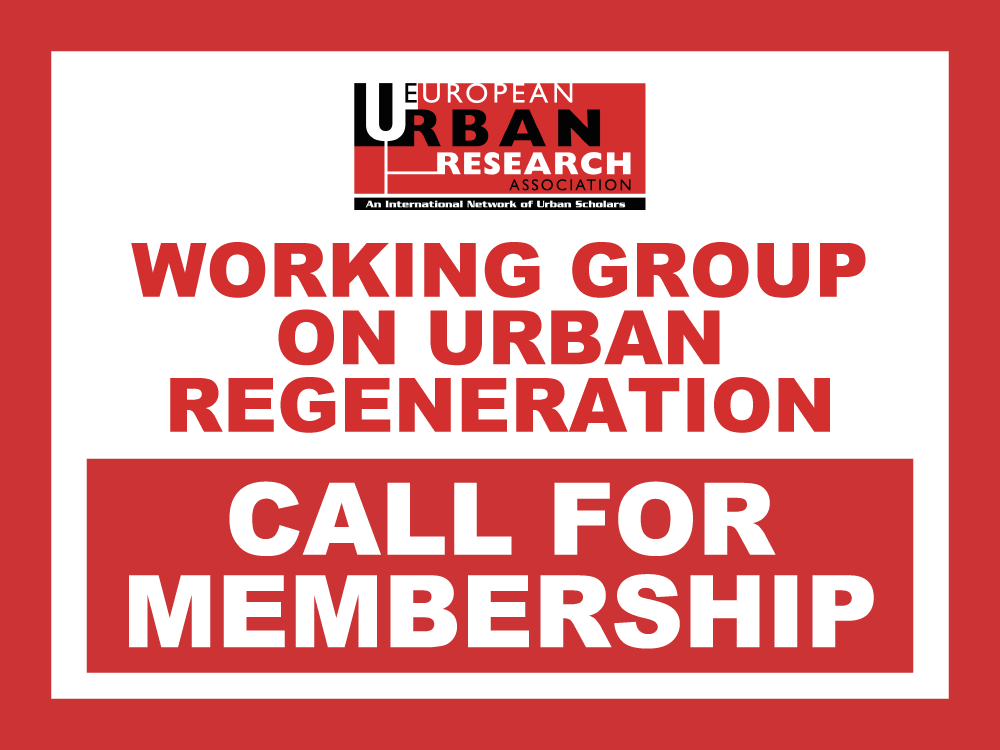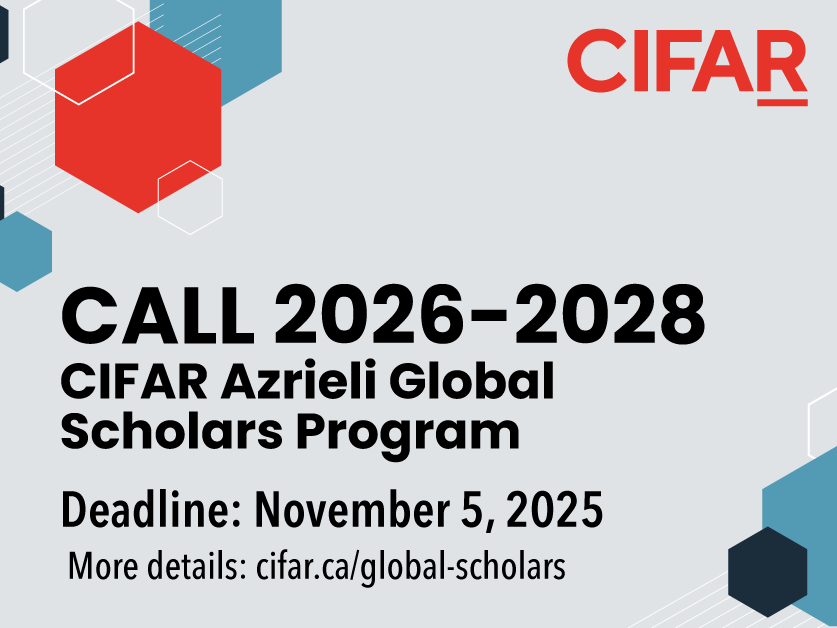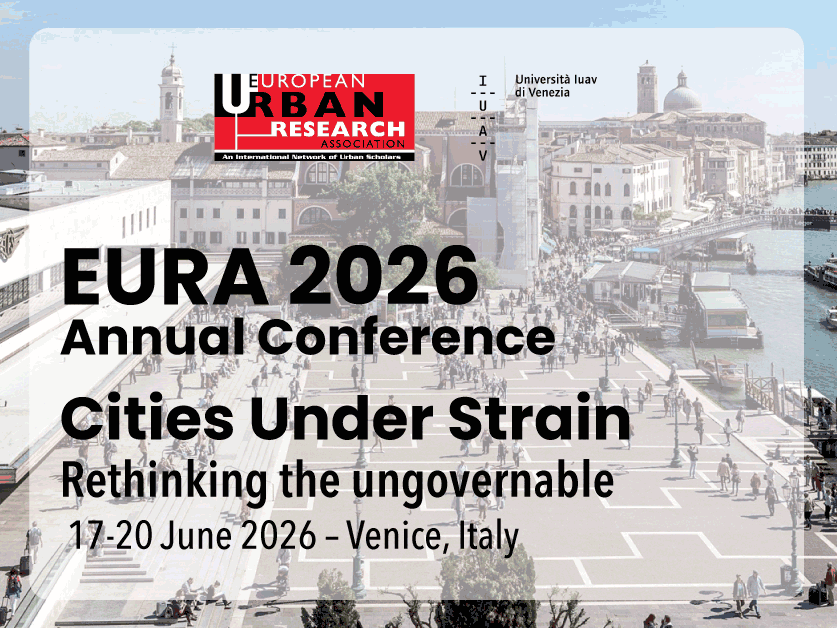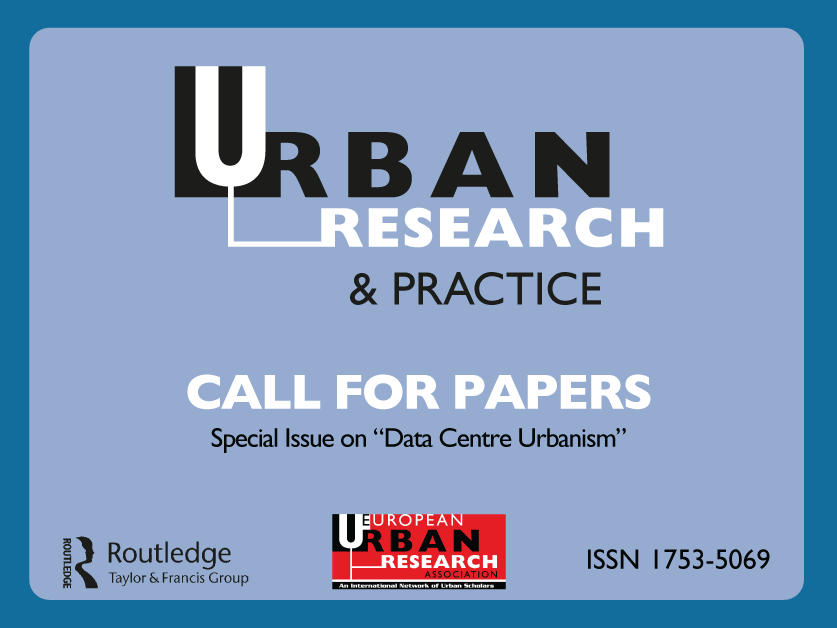
#51 New perspectives for energy in cities
28/02/2023
IGU CDES 2023 Conference – Call for papers
14/03/2023

EURA WORKING GROUP ON URBAN REGENERATION
Call for membership
Deadline:
31st March 2023
Organisers:
Karsten Zimmermann (karsten.zimmermann@tu-dortmund.de)
Sonia de Gregorio Hurtado (sonia.degregorio@upm.es)

About the Working Group on Urban Regeneration:
Urban regeneration is a well-established topic in our field. From its emergence in the 1970s urban regeneration has been a practice and theory in continuous evolution. Because of this we identify some changes going on that require closer scrutiny in post-covid times. These ongoing trends and emerging challenges are re-shaping urban regeneration, opening this concept to integrate action with regard to new topics and instruments or in relation to issues that are receiving more policy attention than in the last decade. Here are some examples:
- The role of neighbourhoods for the energy transition and climate resilience (energy poverty, decentralized grids, renovation of buildings, adaptation to heat waves, storm water management);
- Mobility policies, micro mobility, super blocs, parking strategies, pedestrian streets;
- The role of public space and public facilities in addressing the quality of life of a changing European population;
- Digitization and new spaces for production and light industries (green economy);
- The role of the circular economy in urban regeneration;
- The impact of temporary use and urban experiments;
- The role of innovation;
- Urban regeneration and the gender perspective;
- Green and blue infrastructures and urban regeneration;
- Urban regeneration in the framework of planning instruments.
Beyond this, there are subjects that have rarely been considered in the academic debate such as urban regeneration in small towns and the periphery (suburbia) or urban regeneration as a driver to foster the urban-rural complementarity. Other subjects are long established but eventually require new interpretations (governance and partnerships, participation, privatization, financing (and value capture), the role of European urban policies, housing cooperatives, culture and urban regeneration).
It is also relevant to take into account that the urban regeneration literature has largely focused on the action on vulnerable urban areas. The current socio-economic crisis is worsening the situation of these neighbourhoods, that appear as even more vulnerable from a post-covid perspective. How can urban regeneration address them integrating new or reviewed approaches?
In addition, we believe that there is a lack of comparative work, identifying the commonalities as well as different solutions. How can we explain difference?
- The role of national funding, national governments, national urban policies;
- Types of instruments (classification);
- The role of the EU – in particular recent developments, Green Deal, Renovate EU, etc;
- Who leads the debate in terms of policy leadership?
- Can we develop a taxonomy of urban regeneration strategies? (i.e. place-based, people-based, property-led);
- Urban regeneration in the framework of urban agendas (national, regional, local);
What we propose is to give place to an academic debate aimed to focus the discussion on crucial issues with regard urban regeneration. For this purpose, we will adopt an approach that sees urban regeneration as a policy field with a great potential to address local and global challenges.
The working group will take up these topics, agreeing upon an agenda for an initial period of two years. Rather than aiming for an encyclopaedia of national policies and pathways we strive for a comparative publication focussing on some of the above-mentioned issues. We will start with an online meeting in April. The submission of a publication (special issue or edited volume) is planned for autumn 2024.
The working group will agree upon a working programme for the first year and meet at the EURA Conferences. Additional meetings will be online or in person, depending on availability and financial support of EURA or other organizations.
Express your interest!
Please sent an expression of interest to karsten.zimmermann@tu-dortmund.de and sonia.degregorio@upm.es by 31st March 2023.
Find out more about the current EURA Working Groups...





